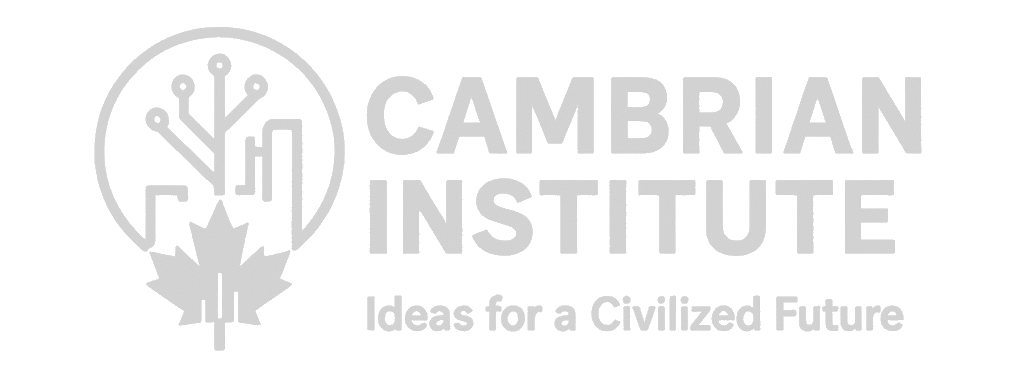We’ve spent the last century building an economy around work. Not just as a means of survival, but as a measure of dignity, purpose, and worth. What do you do? Where do you work? How productive are you? These are the questions that shape identity in modern societies. But what happens when the jobs are gone – not because people are lazy or unqualified, but because machines do them better, faster, and cheaper?
Automation isn’t coming. It’s here. Algorithms write marketing copy. Robots staff warehouses. AI systems analyze contracts, screen resumes, and generate artwork. And this isn’t limited to blue-collar work. The displacement is creeping into law, journalism, education, even medicine. Some of this transformation will create new jobs, as past technological shifts have. But the pace and scope this time feels different. It’s not just tasks that are changing. It’s the entire idea of what it means to be “useful.”
So the real question isn’t how to stop automation. It’s what we do when traditional work – the backbone of our economic and moral systems – no longer structures society.
For years, the dominant response has been retraining. Teach coal miners to code. Help truck drivers become cybersecurity analysts. But this approach assumes the future holds enough dignified, stable jobs to go around. What if it doesn’t? What if efficiency becomes so extreme that most human labor simply isn’t needed in the market?
At that point, we face a choice. We can cling to outdated definitions of productivity and continue to divide people into “contributing” and “idle” based on their relationship to paid labor. Or we can start rethinking what productivity means in a world where work, as we’ve known it, is increasingly optional – or unavailable.
Our current measures are narrow. GDP doesn’t count raising children, caring for elders, building community, or tending gardens. It doesn’t register mental health, creativity, or rest. It ignores the time people spend helping neighbors, mentoring youth, or defending democracy. In short, it ignores much of what actually sustains society.
Why? Because these forms of labor don’t generate profits. They don’t circulate through markets. They are often unpaid, gendered, informal. But as machines take over formal productivity, the importance of these human contributions will only grow. A society that runs on AI can process transactions and manufacture goods. But it cannot nurture children, repair trust, or imagine futures. For that, we still need each other.
To meet this moment, we need a new framework – one that values social cohesion, ecological care, and emotional labor alongside traditional economic outputs. We need tools to measure and reward the things that make life meaningful, not just profitable. Experiments with universal basic income (UBI) are a step in this direction, acknowledging that people have intrinsic worth regardless of their job title. But UBI must be coupled with a deeper cultural shift, one that refuses to reduce human value to a paycheck.
This is not some utopian fantasy. It’s a practical necessity. If we don’t redefine productivity, we risk deepening inequality and social division. Those who remain in high-value work will consolidate wealth and status. Everyone else will be cast as surplus – dependent, disempowered, disposable. That is a recipe for resentment, instability, and authoritarianism.
The alternative is to imagine a post-work society that still honors contribution – just by broader definitions. One where building a community garden is as legitimate as building a financial portfolio. One where raising a child or writing a poem is seen as part of a productive life. One where we finally acknowledge that rest, care, and creativity are not luxuries, but foundations of a healthy society.
Automation may strip us of old roles. But it also frees us to ask deeper questions. Not “What job do you do?” but “What kind of life are you building?” Not “How do you earn your keep?” but “How do you show up for others?” Not “Are you productive?” but “Are you whole?”
The future is unwritten. Let’s not automate our values along with our labor.
